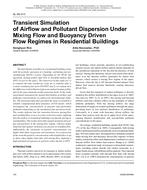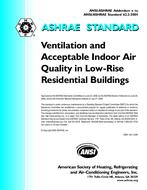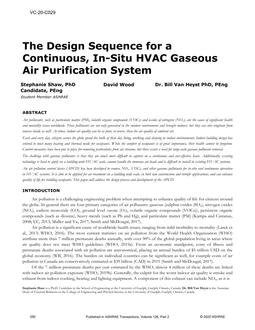ResearchfromtheOrganisationforEconomicCo-Operation and Development suggests that cities are major contributors to carbon dioxide (CO2) emissions. It is essential to undertake the wide-scale development of more sustainable cities and communities to avoid the full impact of climate change and shortages in energy supply and resource, by drastically reducing both energy use and resulting emissions. In the past, research in the building sector has focused on technological innovation and improvements at the fragmented scale of the individual building. This has been partially successful.However, to achieve global climate and energy-related goals, more emphasis should be placed on achieving system-wide reduction of energy demand and CO2 emissions and on incorporating a higher share of renewable energy into the integrated infrastructures of our cities, including transportation and industry.
Such a transition would progress from the optimization of building parts in single buildings to optimized solutions for whole neighborhoods and communities. The city of Salzburg, Austria, has realized a pilot project on an optimized energy concept for an inner-urban area, composed of both new buildings and renovated existing building stock. An increasein theuseof districtheatingandsolarenergy(>35%)has drastically reduced primary energy demand. Monitoring results becameavailable in thesummerof2014.Basedonthisexperience and other case studies documented and analyzed in International Energy Agency — Energy in Buildings and Communities (IEAEBC) Annex 51, the city of Salzburg has put high priority on the optimization of its communities.
After an analysis of the building stock and structure of ownership in Salzburg, the city has prioritized new, community-scale projects, planned to start early in 2014, that will jointly involve urban planning, housing associations, and utilities. Experience shows that merging energy planning and urban planning is a challenging task that goes beyond the implementation of optimized technological solutions. The new IEA-EBC Annex 63, "Implementation of Energy Strategies in Communities," focuses on the development of methodologies to implement optimized energy strategies on the community scale.
Citation: ASHRAE Transactions – Volume 121, Part 1, Chicago, IL
Product Details
- Published:
- 2015
- Number of Pages:
- 9
- File Size:
- 1 file , 3.2 MB
- Product Code(s):
- D-CH-15-016


